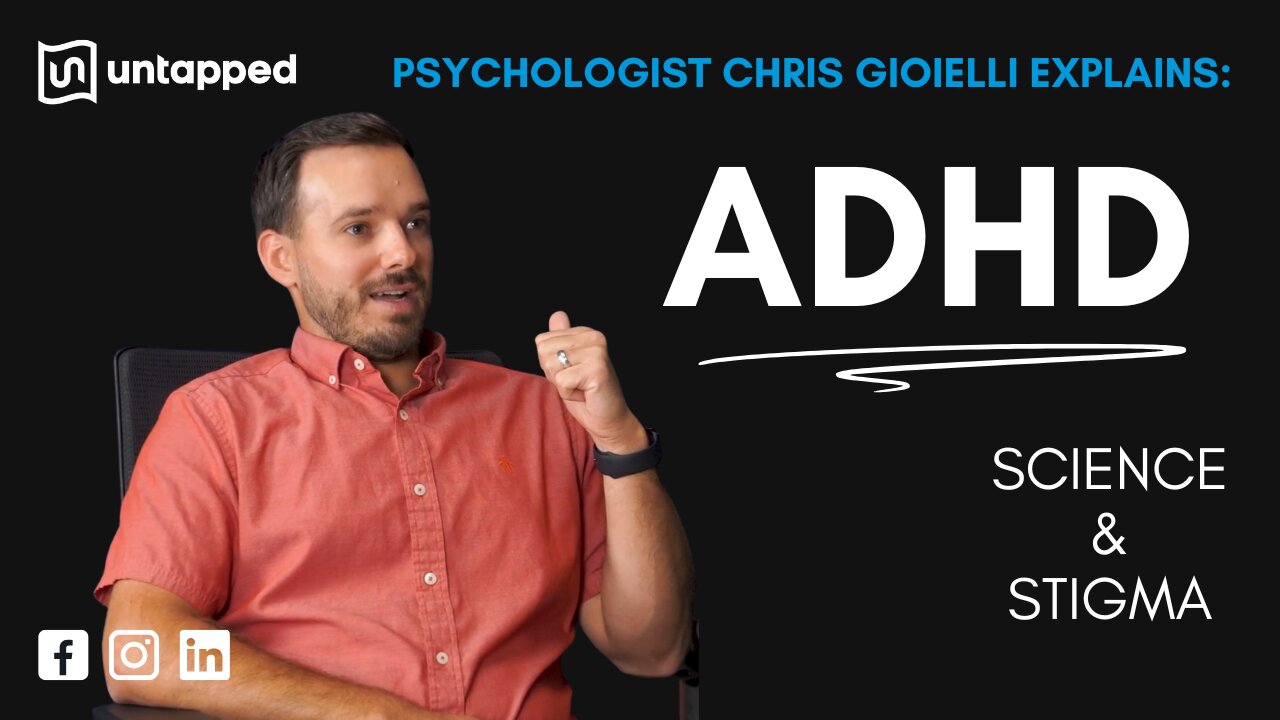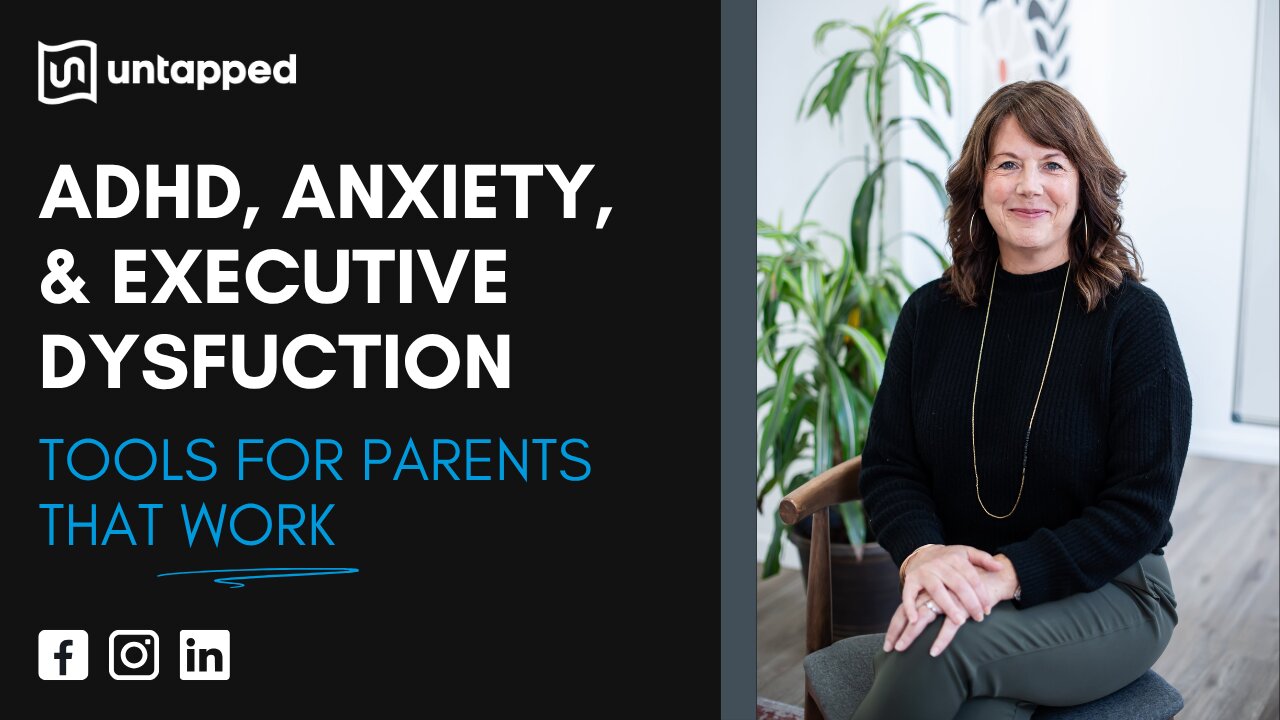By Kevin Rockmael
If you’re the parent of an 11th grader, chances are you’ve felt it: the stress creeping in, the college conversations accelerating, and a sense of urgency that seems to appear overnight. Junior year often marks a major shift in both mindset and pressure for high school students. Suddenly, what comes after graduation feels very real—and very close.
To help make sense of this critical year and what parents can do to support their teens, we spoke with Daniele Svingos, a Licensed Clinical Social Worker and Associate Director of the Albani Group’s Berkeley Clinic. With over two decades of experience working with adolescents, including those with ADHD, ASD, executive function challenges, and learning differences, Daniele brings both professional wisdom and a grounded, parent-centered perspective to the topic.
According to Daniele, 11th grade is uniquely challenging because the stakes feel higher than ever. “It’s when the reality of college and life after high school really starts to hit home,” she explains. “Students are being asked difficult questions about their future plans at a time when many are overburdened with the present. Where do you want to go after high school? What do you want to study? What’s your GPA? Are you taking the SAT? Where are you going to apply? How many activities are you going to participate in? It’s overwhelming for them, and it’s overwhelming for parents too.”
Start with Their Goal, Not Yours
Daniele’s first recommendation is deceptively simple: help your teen identify their own goal. That goal, she says, should ideally come from the student, not the parent. “It’s easy to get caught up in wanting our kids to go to a certain school or follow a certain path,” she says. “But real motivation comes when the goal is theirs.”
Rather than focusing on a single college as the target, Daniele suggests a broader vision. Instead of saying “I want to go to Stanford,” a student might identify a more general goal like “I want to go to a four-year college outside of California” or “I want to study Environmental Science at a school with a strong program” or “I want to take a gap year and study a second language.” The idea is to define something meaningful and achievable that creates direction and motivation without becoming a setup for disappointment.
Build a Roadmap with Them
Once the goal is in place, the next step is to help map out a realistic plan to get there. This might include understanding what GPA range is typical for that kind of school, deciding whether standardized testing is needed, building a consistent study routine, or engaging in extracurriculars that align with their interests. Daniele emphasizes the importance of treating this as a collaborative effort, not a directive.
“If your child says, ‘I don’t want to take AP Physics,’ instead of fighting about it, you can circle back to the goal. ‘I get it—it’s hard. I want to support you in achieving your goal, and Physics is one stop on the map. What can we do to support you in tackling this stuff? What do you need? What gets in the way of your success?’”
Creating a shared roadmap gives your student a sense of agency and teaches them tenacity and problem-solving skills that will serve them well far beyond high school. It also becomes a reference point for future conversations. If things go off track, parents can revisit the goal together: “Remember when we said you wanted to apply to out-of-state schools? What needs to happen to stay on that path?” Daniele encourages parents to see their role as accountability partners rather than being the boss of the process.
Use Role Models to Inspire and Motivate
The second pillar of Daniele’s advice involves mentorship as a tool for motivation and perspective. “Teenagers are much more open to hearing advice from slightly older peers than from their parents,” she says. “That’s part of normal adolescent development. They’re individuating. They want to carve their own path.”
This is where parents can be creative. Is there a neighbor who’s a college freshman and recently went through the application process? A former babysitter who’s now thriving at a university your teen is curious about? Someone who applied to schools your child is considering, or who can talk honestly about writing essays, managing stress, or finding the right campus fit? These young adults can offer relatable, real-life insight and encouragement that doesn’t carry the emotional charge of a parent-child dynamic.
Daniele recalls one story about a teen who spent the summer at a camp where her favorite counselor happened to attend a well-known university. The admiration the teen had for the counselor helped her visualize herself on a similar path, making the idea of college more tangible and exciting. “It’s not just about information,” Daniele says. “It’s about inspiration. Teens want to see that someone like them has done it.”
Outsource Where It Helps, Not Where It Hurts
The third strategy Daniele strongly encourages is outsourcing, when possible and appropriate. “11th grade is often the year when the pressure builds not just for kids, but for their parents,” she explains. “You start hearing what other families are doing. You start second-guessing whether you’ve done enough. That pressure can lead to a lot of conflict in the home.”
Rather than turning college applications into a daily source of tension, Daniele recommends bringing in outside help—whether that’s a college counselor, tutor, executive function coach, or essay consultant. The goal is not to offload parenting responsibilities but to shift the dynamic. When a teen works directly with a trusted adult outside the family, it becomes their project. It fosters independence, builds competence, and often reduces friction.
Many parents, Daniele notes, are tempted to take over. “I’ve heard people say, ‘It would just be easier if I wrote the essay myself.’ But then I ask: would that actually help? Does that build your teen’s confidence or increase their readiness for college? Or are we just doing it because we’re worried?” she asks.
Instead of rewriting their essays or micromanaging their calendar, parents can support by researching a few professionals, presenting options, and letting the teen choose. “They’re still only 16,” Daniele reminds us, “so they might need help getting started. But they should feel a sense of ownership. That’s what helps them mature.”
Support Their Independence Without Disappearing
At its core, this whole approach is about supporting growth and independence while maintaining connection. 11th grade is a paradox: teens desperately need guidance, but they also want space. They’re practicing adulthood, and the way we respond can either empower or undermine that process.
Daniele’s framework—helping them set meaningful goals, connecting them with relatable role models, and giving them space to succeed with outside support, respects both their vulnerability and their capacity. It also helps parents step back without stepping away.
Ultimately, Daniele says, this is about the relationship between parent and child. “If things are high conflict or high stress at home, it’s even more important to bring in a neutral adult. You can still cheer them on and be proud of them, but someone else can guide the process.” On the flip side, if your relationship is strong and supportive, maybe you help with a draft or brainstorm essay ideas together, but the key is that the student leads.
In the end, the college process is not just about getting into a school. It’s about helping your teen build skills, self-knowledge, and confidence. As Daniele puts it, “Success begets success. If they feel proud of what they’ve done, on their own, they’re more likely to keep doing hard things.”
That, perhaps, is the real goal of junior year.





